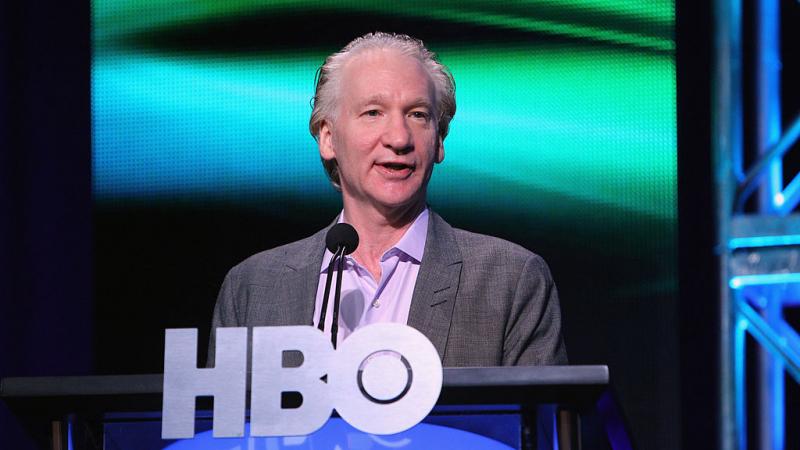Unconstitutional? Wisconsin city election officials sought private money to register voters
GOP official, legal expert says private funding requirements detailed in memos raises ethical, Constitutional issues.
City officials in Green Bay, Wis., solicited private money from a voter advocacy group backed by Facebook founder Mark Zuckerberg, pledging they would use some of the $1 million grant to run registration campaigns and conduct outreach to "underrepresented" minority voters, according to memos obtained by Just the News through an open records request.
"[W]e’d like to reach out to the Hmong, Somali and Spanish-speaking communities with targeted mail, geo-fencing, posters (billboards), radio, television and streaming service PSAs, digital advertising, robo calls and robo texts, as well as voter-navigators," the city's grant questionnaire to the Center for Tech and Civic Life stated.
"We could also employ our voter navigators to have town halls, registration drives in trusted locations and conduct virtual events," the questionnaire added.
Legal experts and Wisconsin GOP officials said Wednesday the grant arrangement appeared to put city election officials in the business of conducting partisan activities like get-out-the-vote efforts and registrations usually reserved for political parties and candidates. They added it possibly violated the equal protection clause of the Constitution by targeting only certain ethnic communities deemed favorable to Democrats.
"Using private funds to have government workers implement voter registration drives — that should be done by political groups — is an ethical concern," Wisconsin GOP chairman Andrew Hitt told Just the News. "And the fact that they initially offered this money to Democrat cities, to target Democrat constituencies, sheds more light on their actual intentions.”
Phill Kline, head of the Thomas More Society's AMistad Project that has filed lawsuits in several states challenging irregularities in the 2020 election, said the grant application suggested private money was used to "fund partisan political activity by local election officials. Such conduct violates equal protection and federal law. Such private interests must not be in the voting booth or the counting room."
When the Center approved a grant for $1,094,400 grant for the fall election to Green Bay, it included the requirement to "dramatically expand voter & community education & outreach, particularly to historically disenfranchised residents," suggesting a target of 20,000 new registered voters. It even suggested city officials might help residents get the official documents needed to register.
"It would require both considerable staff time to construct that list of residents and directly mail a professionally-designed piece (in multiple languages) to those voters. ($50,000 total for staffing, design, printing, and postage). To assist new voters, the City would also like resources to help residents obtain required documents (i.e. birth certificates) which are needed to get a valid state ID needed for voting," one of the documents attached to the Center's grant approval letter stated.
In a section of "add on questions," city officials were asked "what steps [they could] take to register new voters."
The city's mayor, chief of staff and city clerk responded: "We would ideally like to use voter navigators to work with community groups to identify and register voters."
Amaad Rivera, a spokesman for Green Bay Mayor Eric Gengrich's office, told Just the News on Wednesday that city officials never held any voter registration drives this year. Rather, the city engaged in what he said was "voter education" efforts throughout the election year.
That distinction conflicted with the terms contained in the Wisconsin Safe Voting Plan, a document submitted to CTCL by the mayors of Milwaukee, Madison, Green Bay, Kenosha, and Racine, all urban Democrat strongholds. The cities in that proposal said they were seeking funds to engage in "voter outreach and education," which the document said would involve efforts to "encourage and explain new voter registration." The plan also said that "significant resources are needed for all five municipalities to ... encourage and facilitate new voter registration and registration updates."
Rivera did not respond to a followup email asking for clarification on those proposals. Asked earlier about "voter navigators" who would help "community groups" in their voter registration efforts, Rivera said that term refers to municipal employees "who helped people answer questions such as, what forms of ID work? What are the early vote rules? If I have a disability, what can I do?"
The Center for Tech and Civic Life, which ultimately distributed $6.3 million to the Wisconsin cities, did not respond to a query on Wednesday regarding the funds.
CTCL made headlines earlier in the year when it received what ended up being more than a third of a billion dollars from Zuckerberg and Priscilla Chan that it planned to use to "help ensure that [local jurisdictions] have the staffing, training, and equipment necessary" to conduct the 2020 election. That infusion occurred after CTCL's multimillion-dollar grant to the Wisconsin cities.
In the U.S., get-out-the-vote campaigns and voter registration drives are overwhelmingly the province of nonprofit groups and political campaigns rather than government authorities, though municipal authorities, including in Wisconsin, have at times undertaken voting outreach and registration efforts, as Milwaukee County was doing prior to the pandemic this year.
Yet the documents offer further evidence that the major cash infusion from the CTCL into Wisconsin politics was intended in part to allow municipal authorities to proactively boost voter numbers in Democratic strongholds in the state, critics say. Wisconsin has been officially certified with Joe Biden holding a razor-thin 20,000-vote lead, even narrower than Trump's victory there in 2016.













